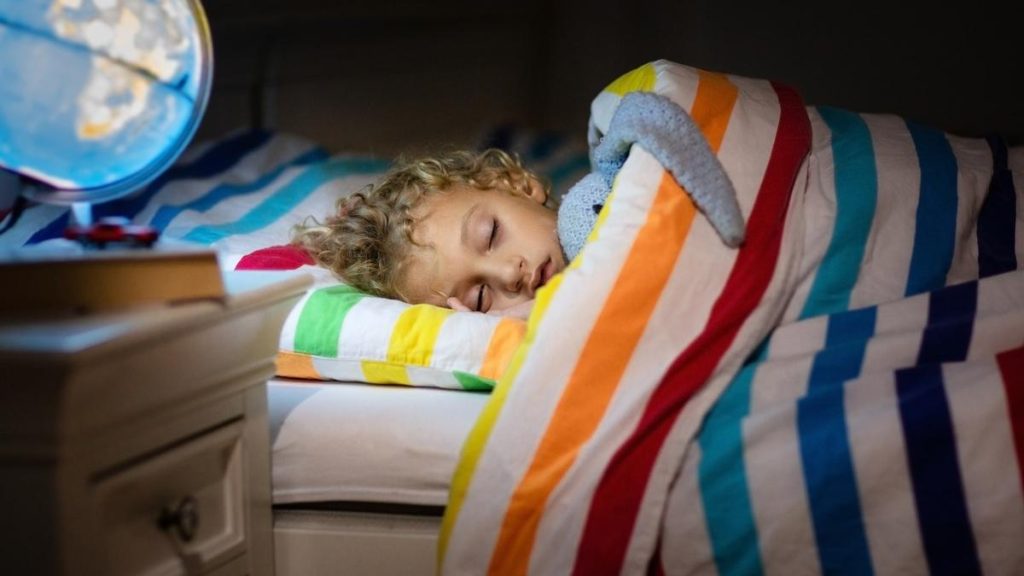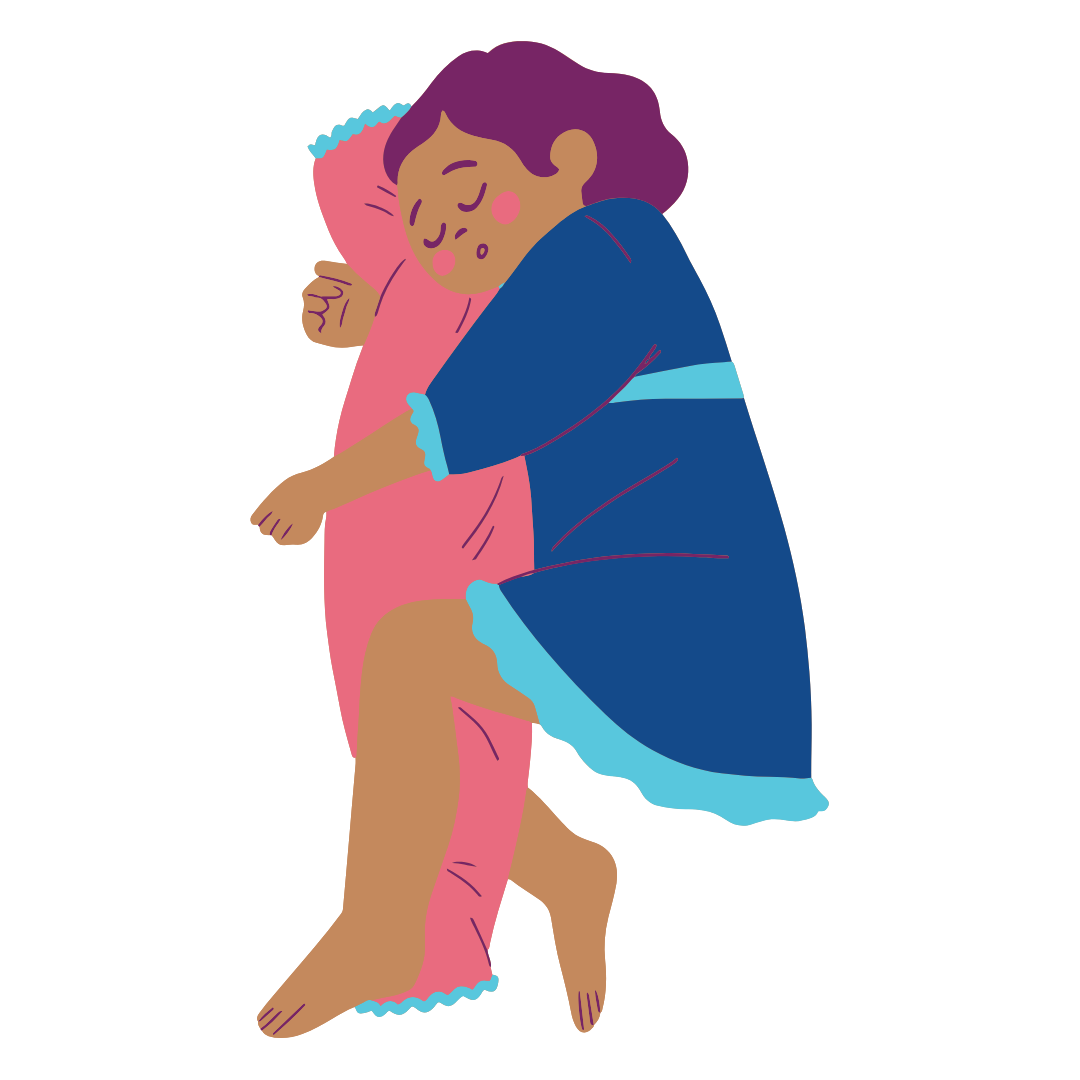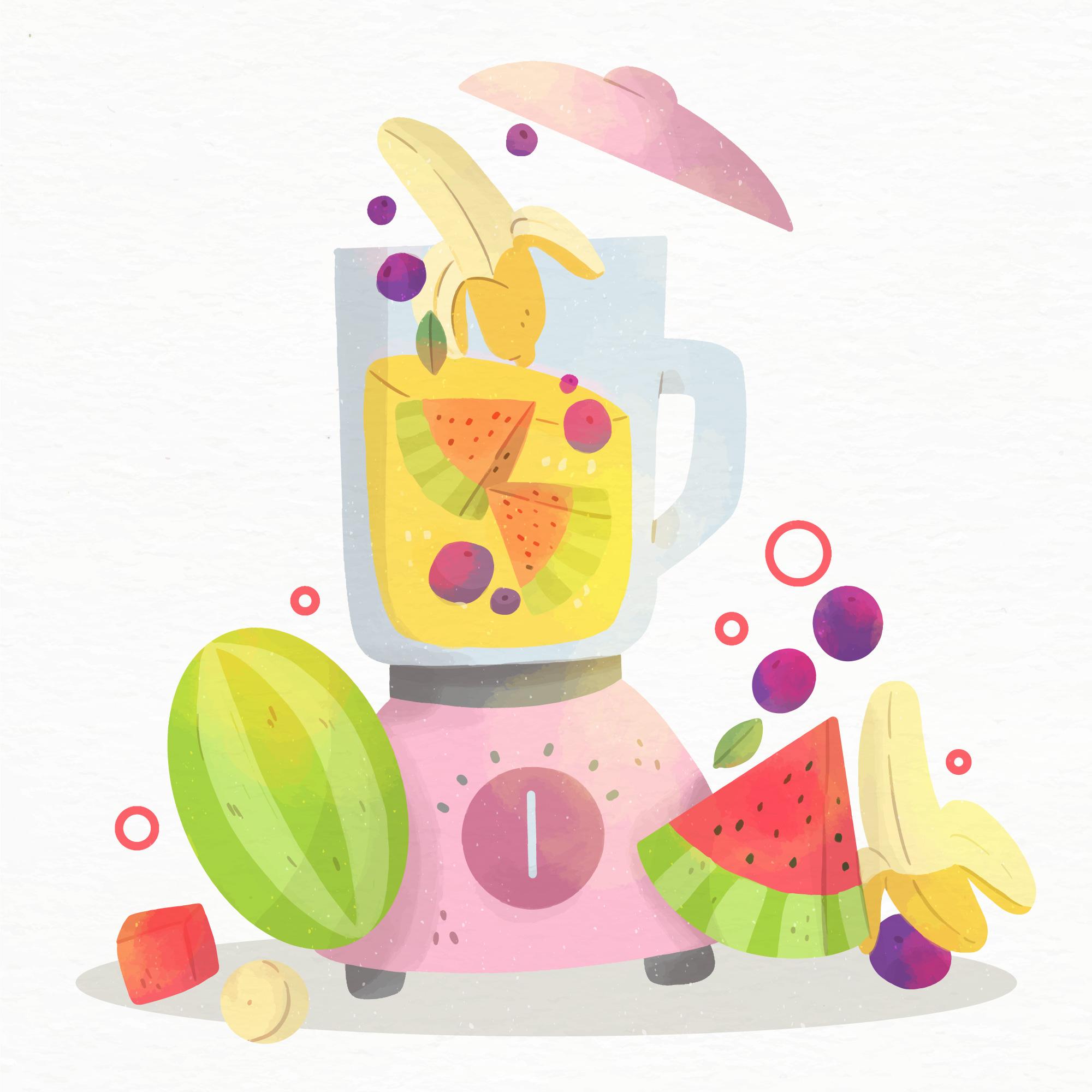Sleep resources, information and advice
Just like eating well and exercising, sleep is a behaviour that is fundamental to our physical, mental, and social wellbeing.
We’ve provided some simple guidance below from our expert team for a range of ages, so you and your family can get a good night’s sleep.

Blogs and tips
A Conversation with Sleep Specialists
Baby sleep tips: advice for under 2-year-olds
Changing sleep needs
As your baby grows, their sleep needs change, and the number of naps or amount of day sleep will change.
Co-sleeping/bed-sharing
Co-sleeping is when you and your baby share a sleeping space in the same bed.
Co-sleeping is a personal choice, but we recommend you read the available information to make an informed choice and make co-sleeping as safe as possible.
Environment
The environment your baby is sleeping in can have a big impact on their sleeping pattern.

Safe sleep
It is important to establish some safe sleep routines before looking at how else you can help your baby sleep.
Safe sleep helps to reduce the risk of Sudden Infant Death Syndrome (SIDS), which is the unexplained or unexpected death of a baby.
Newborn sleep
New-born baby sleep is a little chaotic and all over the place.
They won’t know the difference between day and night until they are at least two months old.
Helping to self-settle
Self-settling can be an effective technique in developing good sleeping patterns for your baby.
Self-soothing
This is often what babies can find a little tricky. They will initially need help to settle with things like dummies, feeding, rocking, patting or being walked around.
Top tips
We have a selection of top tips to develop positive sleeping patterns for your baby.
Sleep tips: resources for over 2-year-olds
Top tips
We’ve compiled our top 10 tips for tackling sleep issues for children.
Read our full list of tips below to discover the different ways and techniques to tackle any sleep issues your child may be experiencing.
Afraid of the dark
These fears are very normal and usually start showing up around the age of two.
The reason for this is that a toddler’s mind is maturing, their memory is getting longer, and their imagination continues to develop.
Anxiety and fear
Cortisol is a hormone that is raised during times of stress and makes us feel alert and awake. It naturally reduces at night so that we can sleep.
If your child is anxious at bedtime, their cortisol levels will be raised, and they will find it difficult to sleep.
Beds
Make sure your child only uses their bed for sleep in order to associate it with relaxation and a pre-bedtime ritual such as reading a book rather than homework, gaming or playing with toys, for example.
Avoid using your child’s bed for time-out, or they’ll learn to associate it with punishment.
Bedtime routine
A bedtime routine helps to regulate children’s body clocks and aids relaxation, leading to a good night’s sleep. Trying a new bedtime routine might worsen sleep patterns before they get better.
Consistency is important, and we advise sticking to the new routine for at least two weeks before you start to see some positive changes.
Example bedtime routine
Download our example of a bedtime routine for a child whose bedtime is 8:15 pm.
It helps to have this routine displayed visually. With younger children, you can use pictures or photographs of each activity and show these to them at the appropriate times whilst giving the instruction verbally.
Exercise and daytime activity
The relationship between exercise and sleep is a reciprocal one.
It’s easier for your child to sleep when they have been active, and it’s easier to be active after a good night’s sleep.

Nighttime and sleep terrors
Sleep Terrors (also called Night Terrors) and Nightmares are often thought to be the same thing when, in fact, they are quite different.
Nightmares are more common than Sleep Terrors, but neither will cause any long-term psychological harm to your child.
Noise
Noise at night can prevent your child from falling asleep initially, and sounds during the night can wake them, leaving them unable to return to sleep.
While your child sleeps, the sleeping brain continues to register and process sounds.
Noises can create restlessness in sleep even if they don’t wake your child fully, and these interruptions affect sleep quality.
Relaxation
Cortisol is a hormone which is raised during times of stress and makes us feel alert and awake. It naturally reduces at night so that we can sleep.
If your child is anxious at bedtime, their cortisol levels will be raised, and they will find it difficult to sleep.
Temperature
Body temperature fluctuates during the day.
About two hours before bed, core body temperature lowers, which signals to the brain that it’s time to fall asleep.
This lowering of body temperature kickstarts melatonin production, which is the hormone that helps your child to fall asleep.
Sleepy food resources
Sleepy food tips
What your child eats during the day may impact their sleep during the night.
If your child is waking early in the morning, it may be due to hunger so a small bedtime snack can sustain them through the night.
Sleepy food recipes
We have complied a list of recipes for foods that may aid sleep for your child.
See the full list of ingredients you need and step by step instructions of how to make a variety of sleep healthy foods.

About our advice
All the approaches and methods we use are aligned with the best practices recommended by the NHS.
Whilst there are common sleep issues and strategies that may support the sleep of most babies and children, we also acknowledge there are different parenting and professional styles that may favour one approach over another. There is no single solution that will suit everyone.
The advice here is for general information purposes only and is intended to give you some basic tips and strategies. Our advice is NOT intended to be a substitute for medical advice or treatment.
If you live within an area where you can access our sleep clinics or wish to buy our services, you will receive personalised, bespoke support to suit you and your child from a qualified specialist sleep practitioner.
For more specific advice on the under 2s age group, we would advise you to consult with the Baby Sleep Info Source (BaSIS) website and the National Childbirth Trust (NCT).

Learn more about our Sleep Services
Poor sleep doesn’t have to be a given. If sleep is an issue in your home, we’re here to help.
Our sleep practitioners work with you to create a personalised sleep plan for your child, so everyone can get a good night’s sleep.
